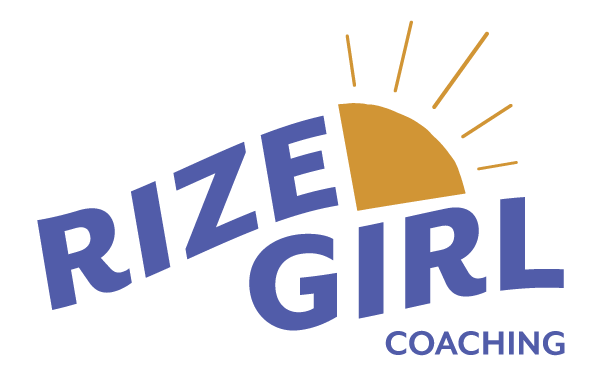Fostering a Curiosity Mindset
WE dOn’t MAKE our way in life, we discover it
As a recovering over-achiever, I know first hand that climbing the success mountain often results in a backpack full of gold stars that only leave you feeling feeling burnt out and lost. Your achievements have weighed you down, the pressure to continue performing looms and you are navigating without an internal compass. If that same hike was taken with a foundational understanding of who you are and an open mind around where you could go next, it would not only be more fulfilling, you would be able to hike for much longer, and appreciate some of the views along the way.
I recently listed to a podcast featuring Dr. Lisa Miller as she discussed her book, The Awakened Brain. Lisa holds a PHD in neurobiology and a large part of her research examines the stages of late adolescent and early adulthood. She notes how these are critical periods in brain development, impacting an adolescent’s sense of wellbeing and of purpose. One of her statements, “we don’t make our way in life, we discover it” related to the importance of a having a curiousity and discovery-based mindset during these foundational years.
Another interesting anecdote from Dr. Miller related to what she called the “sophmore slump”. Her research showed that, as a result of normal brain development, young adults in their early 20s, often university students in the early years of their degree, are wrestling with larger existential questions related to the meaning and purpose of life. As a species, humans are hardwired to ask these questions, but there can be a certain sense of hopelessness and aimlessness when adolescents are met without answers. These questions are, in many ways, spiritual longings - a desire for connection with a larger life purpose.
EARLY ADULTHOOD - A TIME FOR DISCOVERY
We want young adults who are going through this seeking period be provided tools to allow self-discovery to unfold naturally through lived experience. University can be a powerful incubator for this discovery, but it can also be overwhelming. Young adults feel overwhelmed by the number of options and a desire to know what they want to do and have it all figured out.
I know that the early years of my degree were emotionally exhausting. I was taking classes for the sake of taking classes, without feeling a true sense of purpose or interest in many of them. I was also feeling pressure to figure out what major I wanted to pursue and how that would be used after I graduated. In hindsight, I wish I had explored classes and extra curriculars more broadly, using these years as a time for deeper self-discovery rather than a singular path towards a degree.
Often, young adults are seeking a simple path or simple answer. They may lack of curiosity and possibility in their worldviews. This could simply be the result of a lack of practice, or a could be a conditioned belief that curiousity is inefficient, aimless or unproductive. Taking a linear approach to their post secondary endeavours causes many young adults to leave university without a clear sense of what they want to use their degree for, or how to use their unique skillset and interests to guidepost their post graduate decisions.
FOSTERING A DISCOVERY MINDSET
Dr. Miller discusses how beneficial it is for young adults to view the world with a lens of possibility. Using a door analogy, an achievement mindset might view a decision point as offering only two options. Either a RED DOOR (for example, a rejection from a job) or a GREEN DOOR (for example, acceptance into a program, getting a job). This framework is too binary.
Instead, when presented with an opportunity or decision, she encourages young adults to seek out a YELLOW DOOR . A yellow door represents a more creative or curious perspective. It focuses on POSSIBILITY rather than CERTAINTY. This is also a more feminine mindset as it calls into question the linear, masculine thinking that our patriarchal society often encourages. The ability to see the world and our lives from a lens of curiosity and discovery, where there is no right or wrong answer, often provides a sense of relief to the anguished young adult decision maker.
How do we encourage a discovery-focused mindset in the next generation? We lead by example. Be curious with the young woman in your life - ask her what she likes about herself, what she thinks she is good at, what she sees as her strengths or what attributes she looks up to in others. Try taking an online assessment like the Enneagram test together and discuss the results.
By encouraging self-inquiry and possibility, we can remove the pressure of an achievement mindset that tells girls there is only one path for you, one right answer, and its your job to find it.
CURIOSITY > ACHIEVEMENT
When given the tools to successfully navigate this time of self-exploration, young adults can thrive and make empowered decisions. But when they feel pressure to achieve based on external expectations, they risk burning out while climbing a mountain of achievement where there is no summit.
Let’s encourage our girls to take a path up their own mountain that aligns with their core values and unique gifts and is filled with curiosity, reflection and wonder. That sounds like a pretty good achievement to me.
